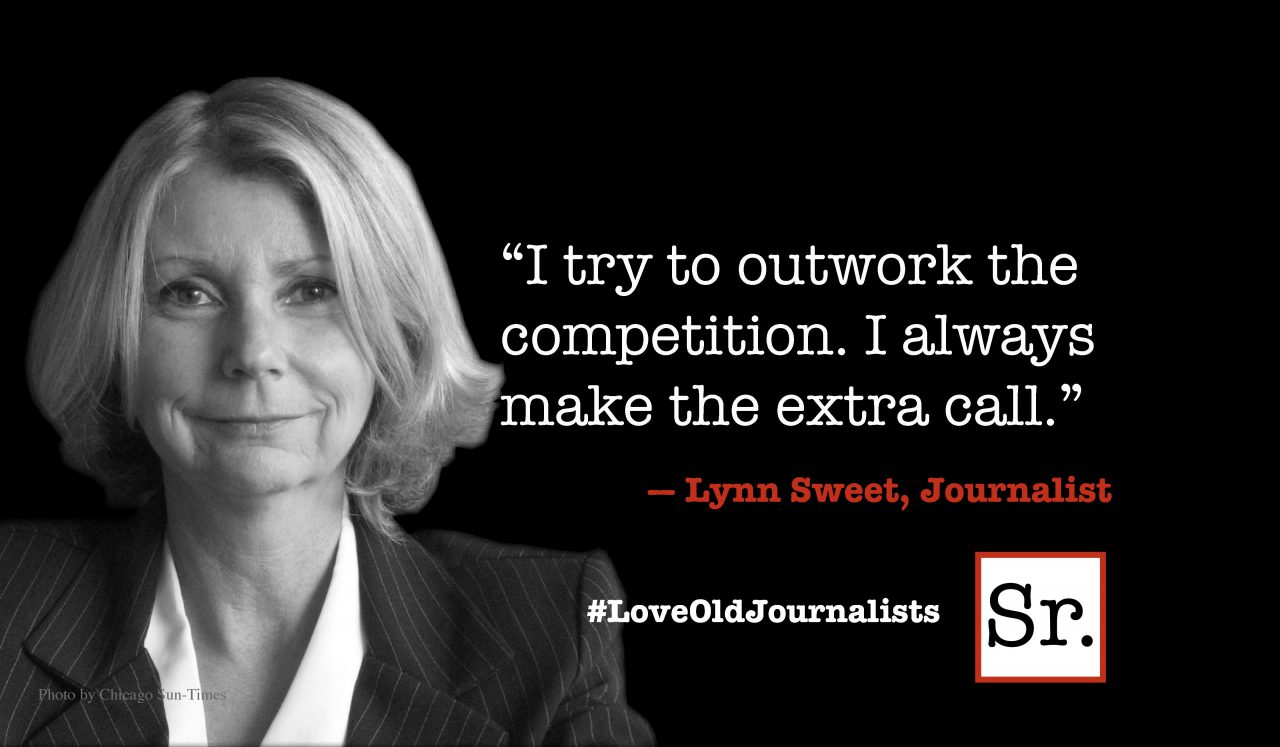A reader asks, “Any advice on how to cultivate candor?”
First steps toward candor are dangerous, even explosive. It could blow up in your face. People will say, “I can’t believe you brought that up.”
Cultivating candor:
- Remember lack of candor empowers manipulators, preserves the status quo, invites gossip, and undermines trust.
- Engage others. Tell teams you’re working on candor. Model candor by talking about candor.
- Maintain the 3 to 1 ratio of positive to negative interactions. Positive work environments require 3 positive interactions for every 1 negative.
- Serve the best interests of others. When you’re in it for yourself, candor is cruelty.
- Ask questions before making statements. Leadership candor isn’t rash.
- Practice candor with a friend.
- Step into push back. Ask things like: What’s uncomfortable about bringing this up? What could go wrong? What could go right? How can we move forward?
- Over-emphasize kindness and courtesy. Candor scares some. Soften your tone. Lower the volume and slow the rate of your speech.
- Make things better. Candor apart from forward movement is whining. When you address difficult issues, make immediateincremental improvements.
- Lift up your head. Optimism is candor’s right hand.
- Stand your ground. Determine if push back centers on method or issues. When push back is about rudeness, for example, listen and adapt. But, if push back suggests you can’t talk about this tough issue, keep talking about it.
- Give it time. Jack Welch, candor’s champion, said he worked on candor with GE during his entire tenure as CEO. He acknowledged it’s a tough topic and they still had room for growth when he left.
Bonus: The deeper issue of candor isn’t the elephant in the room. It’s the reason teams conspire to ignore it in the first place.








